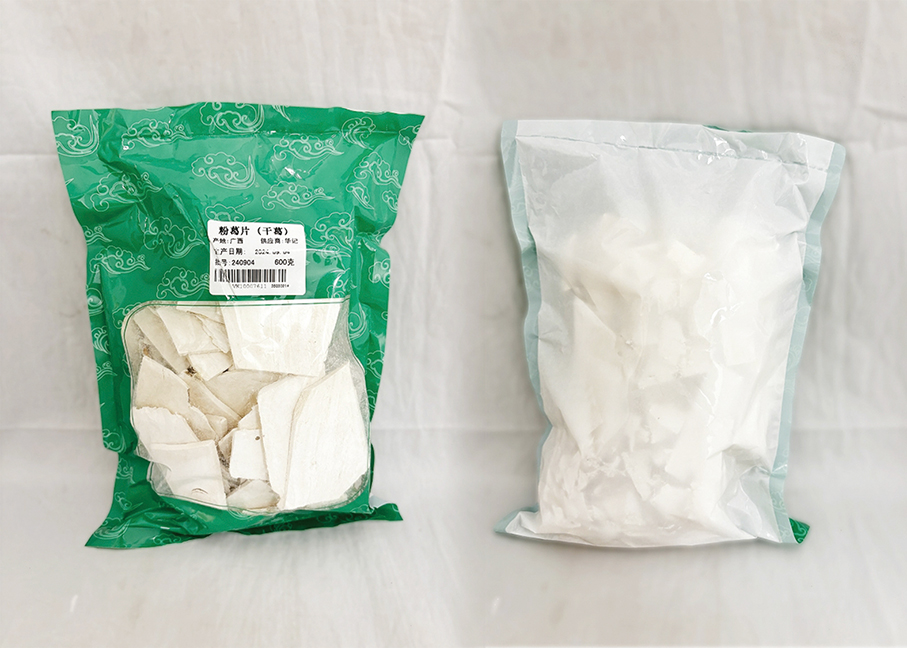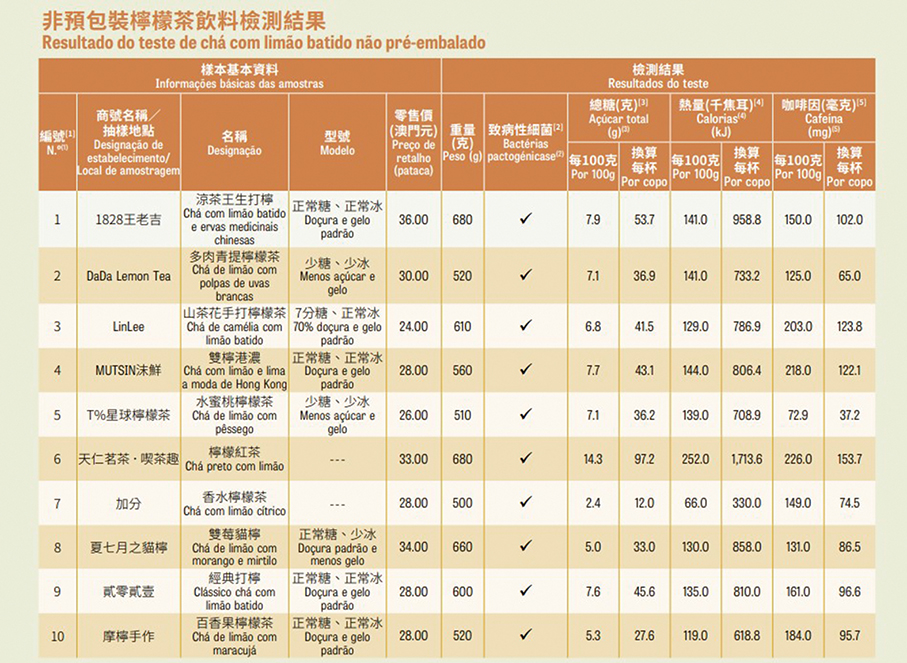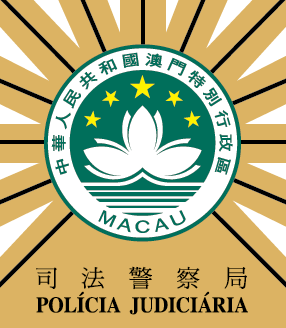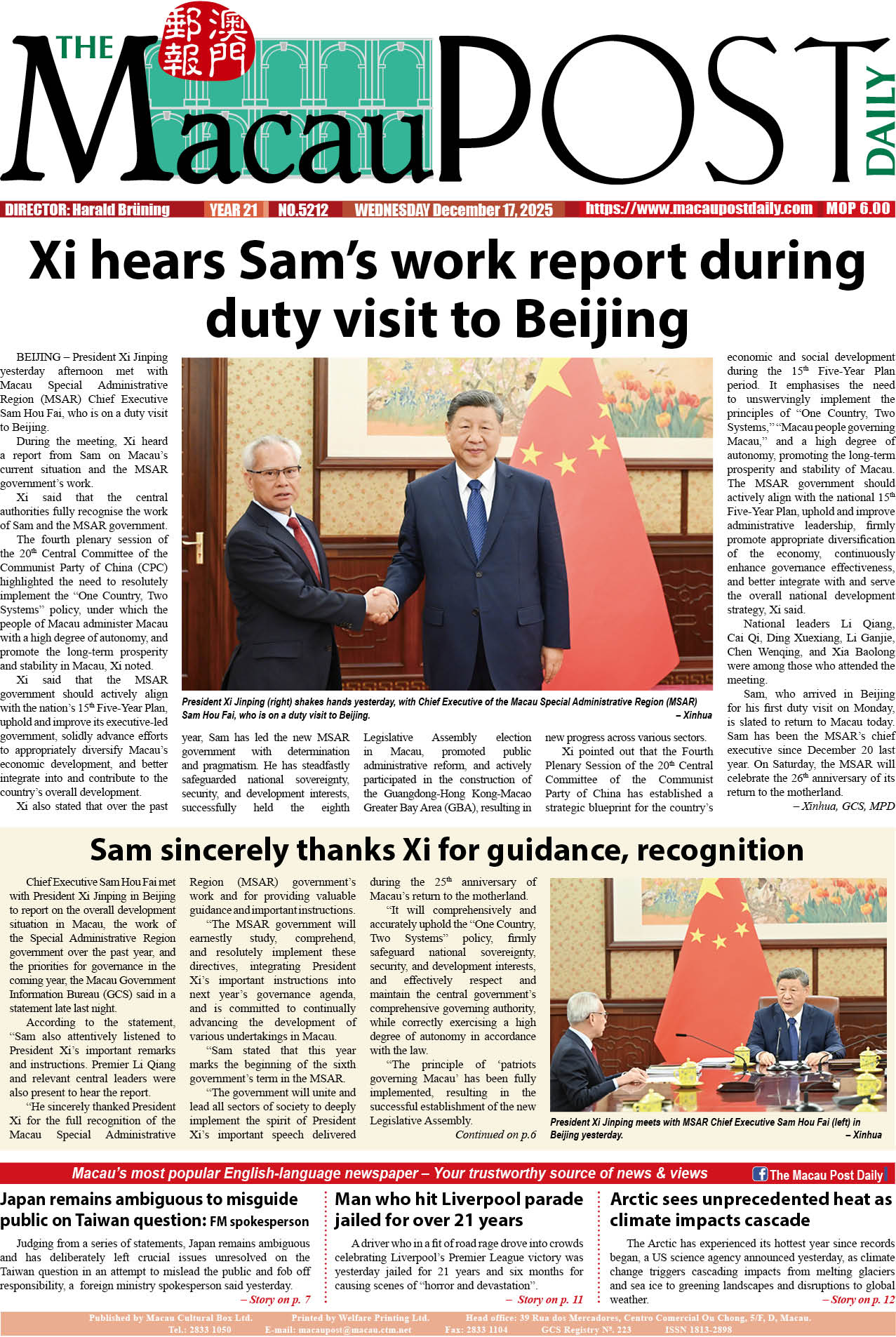The Municipal Affairs Bureau (IAM) urged the public yesterday to cease consuming a pre-packed kudzu product as it was found to contain an excessive amount of preservatives, according to an IAM statement yesterday.
According to the Science Direct website, the kudzu root is the dried root of Pueraria lobata (Willd.) Ohwi, a semi-woody, perennial and leguminous vine native to South East Asia. It is often used interchangeably in traditional Chinese medicine (TCM) with Thomson kudzu root. For more than 2,000 years, kudzu root has been used as a herbal medicine for the treatment of fever, acute dysentery, diarrhoea, diabetes, and cardiovascular diseases.
The problematic product, which is made in the Guangxi Zhuang Autonomous Region, has a net weight of 600 grams and the production date of September 4 this year, the statement said.
The bureau said that it has issued a food alert to order local retailers to remove the product from their shelves and stop selling it, while also dispatching IAM officials to inspect the food market.
The statement noted that the product was found to contain 1,720 milligrams per kilogram of sulphur dioxide, which exceeds the local standards concerning the use of preservatives and antioxidants in food.
According to the statement, SO2, which acts as a preservative and a bleaching agent and is soluble in water, can be used in flour, noodles and other kinds of food.
The statement underlined that although most of the SO2 can be removed from food by washing and cooking, it may still cause a health risk to asthmatic or hypoallergenic people, who could suffer from headache, vomiting or shortness of breath.
Non-prepacked lemon tea found to be bad for health: CC
Meanwhile, the Consumer Council (CC) urged members of the public in a report of its latest research released yesterday that some non-prepacked lemon tea beverages sold locally contain a variety of synthetic substances, which may have adverse effects on one’s health and emotions.
According to the report, all of the 10 samples of the non-prepackaged lemon tea beverages have passed the hygiene test, but all were found to contain caffeine and high levels of sugar, which should not be consumed on a regular basis.
In order to help consumers learn more about the ingredients of shaken fruit tea and establish a healthy eating habit, the latest issue of Macau Consumer magazine features a point-by-point explanation by Macau Professional Nutritionist Association (MPNA) President Parris Fok Soi Teng on the possible adverse effects of this popular beverage on human health and mood.
Fok points out in the report that most of the fruit teas in the market nowadays contain a variety of synthetic substances, including syrups with artificial flavourings, which will lead to greater fluctuations in blood sugar, disturbing the autonomic nerve system and leading to mood swings.
Meanwhile, the lemon tea, routinely labelled as hand made, consists of a variety of artificial, colours, caffeine and flavourings, among others. Dietitians warn that drinking too much of this tea can be hazardous to health, causing damage to the liver and kidneys or disturbing the body’s endocrine system (a complex network of glands and organs), according to the report.
For more information, please refer to the new issue of Macau Consumer magazine at https://www.consumer.gov.mo.

This undated handout photo provided by the Municipal Affairs Bureau (IAM) yesterday shows the pre-packed kudzu product that was found to contain an excessive amount of sulphur dioxide (SO2).

This chart provided by the Consumer Council (CC) yesterday shows its research results.








